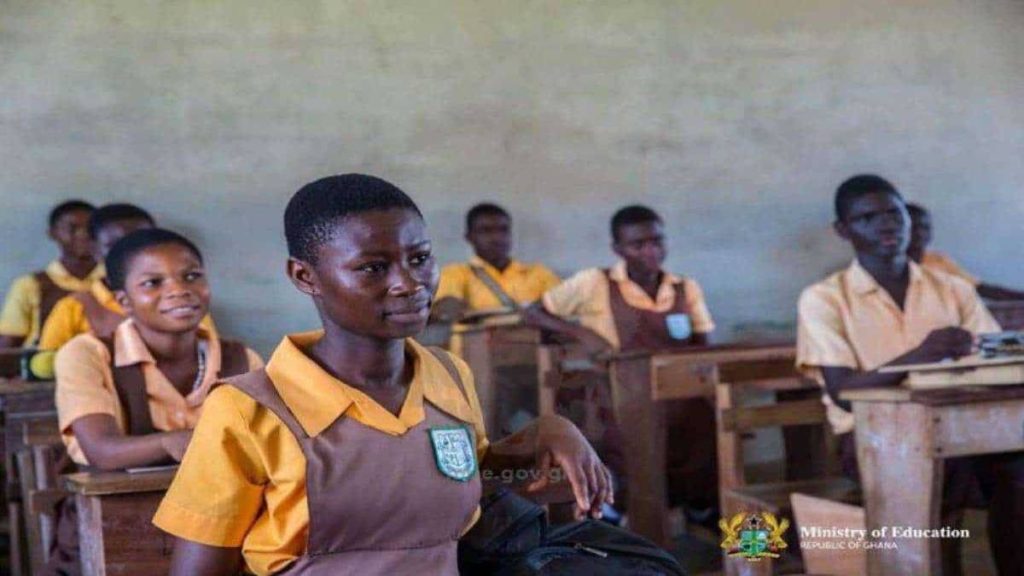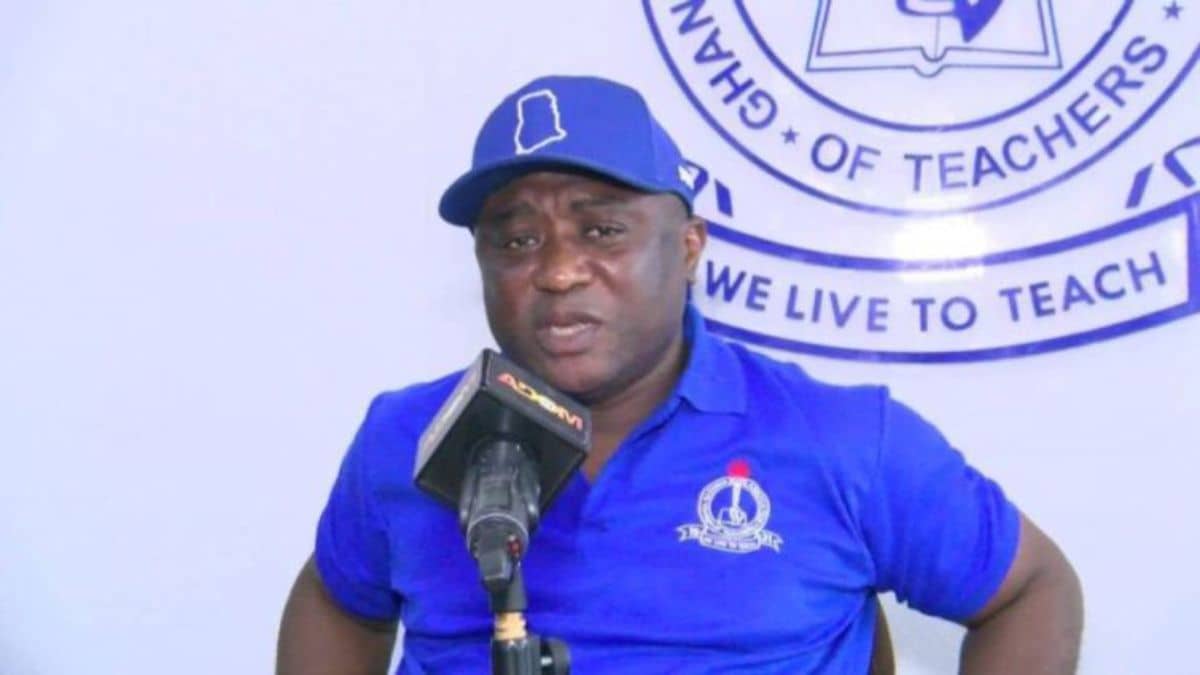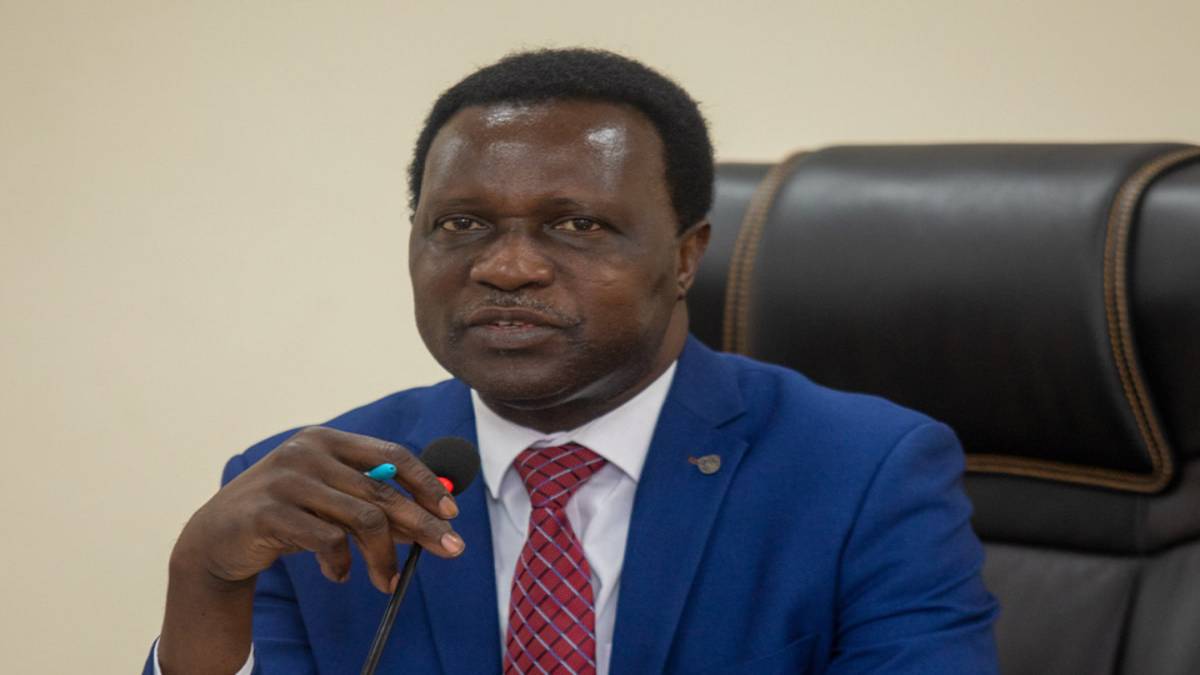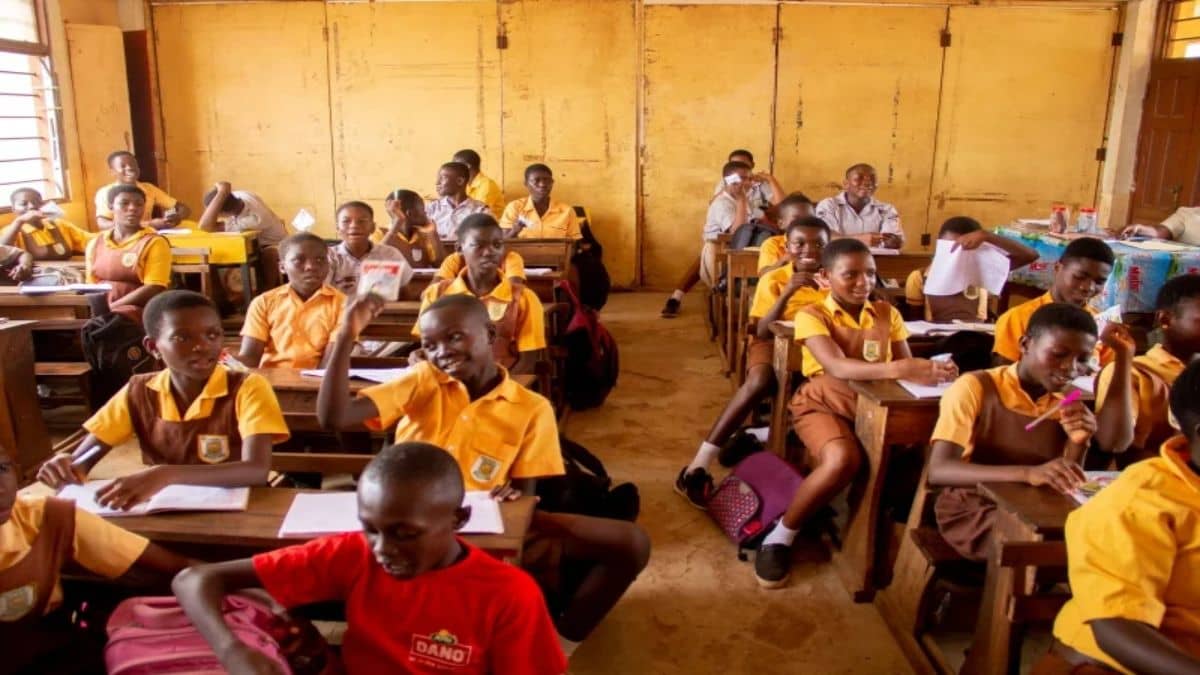Accra basic schools to write “Oobaakɛ” at entrances to promote Ga

The Metro Education Unit of the Accra Metropolitan Assembly (AMA) has been directed to inscribe the Ga word for welcome, “Oobaakɛ,” which in Akan is “Akwaaba”, at the entrances of all government basic schools across the metropolis.
The directive issued by the Mayor of Greater Accra, Mr Michael Kpakpo Allotey, on Thursday, September 18, 2025, is aimed at promoting and preserving the indigenous language of the Ga people.
The inscription of “Oobaakɛ” at the entrances of schools, according to the Accra Mayor, would serve as both a cultural reminder and an educational tool, exposing pupils to the language and instilling in them a sense of identity and pride.
The Mayor gave the directive on Thursday when he paid a working visit to the Martyrs of Uganda R/C Basic School in Mamprobi, the Ministry of Health (MOH) Basic School, and the 28th February Road Primary & Kindergarten, as well as the Peter Odartey Lamptey Memorial JHS, to distribute stationery and welcome new entrants to school.
Speaking during an interaction with the Ga language teacher at the Martyrs of Uganda R/C Basic School, Hon. Allotey urged her to do her utmost to impart the language effectively to pupils.
“As Mayor, I will ensure that the Ga language is taught in all schools in the metropolis. It is our heritage and must be passed on to the younger generation,” Mr Michael Kpakpo Allotey told students and teachers.
He interacted with the pupils and personally taught them how to greet and welcome others in the Ga language, stressing the importance of children appreciating the local culture while pursuing academic excellence.
The Accra Mayor assured that the Assembly would work closely with the Ghana Education Service (GES) and relevant stakeholders to ensure that the teaching of Ga was properly integrated into the curriculum of schools in Accra.
The Mayor of Accra pledged that the AMA would continue to initiate programmes that promote cultural awareness and identity of the Ga people as part of efforts to build a more inclusive and heritage-conscious city.
In a related development, the Ga Mantse, King Tackie Teiko Tsuru II, has called for Ga and Dangme to be made compulsory subjects in all public and private basic schools across Ga and Dangme communities starting next academic year.
Speaking at the 85th anniversary celebration of Odorgonno Senior High School, His Royal Majesty King Tackie Teiko Tsuru II said, “It has become our responsibility to bring back Ga culture and language into our classrooms.”
King Tackie Teiko Tsuru II highlighted profoundly in his speech the value of culture. “Our culture is who we are; it is the base of ethnicity; it is our heritage brought to the fore, making a demand of us not to lose it.”
Raising concern about the steady decline of Ga and Dangme, especially among the youth, the Ga King said, “Language is the vessel of culture. To lose it is to lose our story, our values, and our identity.”
Making the languages compulsory in government and private schools, Ga Mantse, King Tackie Teiko Tsuru II explained, would reconnect younger generations to their roots while instilling pride and belonging.
The Ga Mantse further noted that mother-tongue instruction would improve academic performance.
“Teaching Ga and Dangme are not only about culture; it is about creating well-rounded, confident, and high-achieving students.
“Our children will learn better when they begin with what they know best—their own language,” he said.
He called on the Ministry of Education and the Ghana Education Service (GES) to enforce the directive by recruiting and training teachers and providing adequate textbooks and audio-visual learning materials.
“This is a cultural necessity, not just an educational reform. If we do not act now, the risk of losing our language, and with it, our identity, will only grow,” the Ga mantse cautioned.
His Royal Majesty added, “We want to partner with the Ministry of Education to integrate the Ga language in our GES curriculum”, he affirmed, calling for a collective effort to ensure that students learn about their roots.



